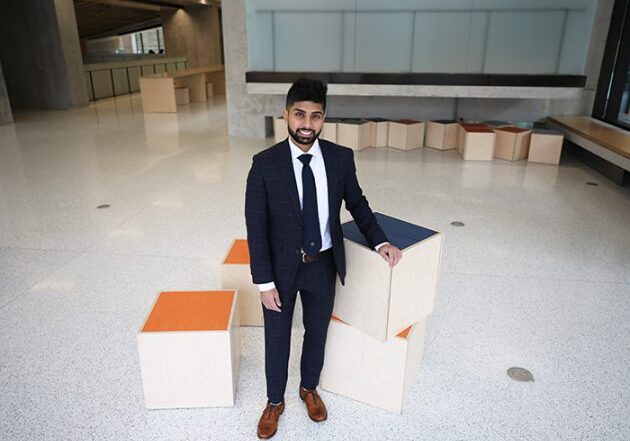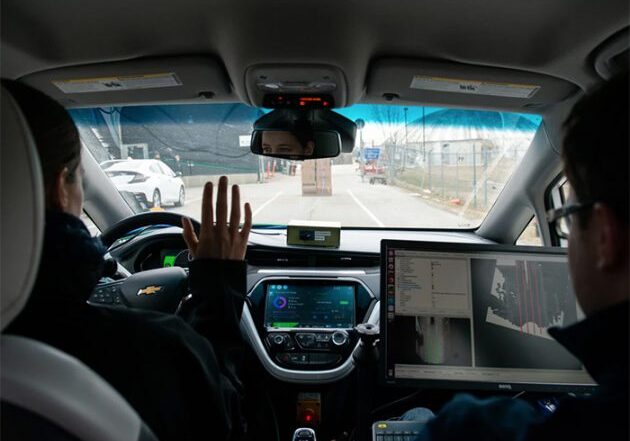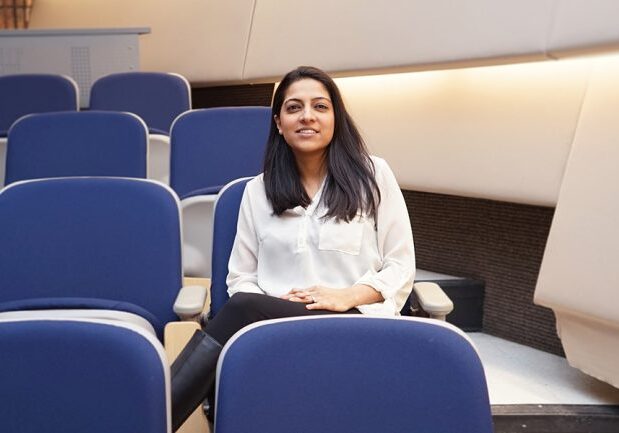
This ECE alumna is expanding access to machine learning tools while advocating for data security
Startup founded by alumna Mai Mavinkurve is helping businesses improve productivity by using machine learning to make better decisions
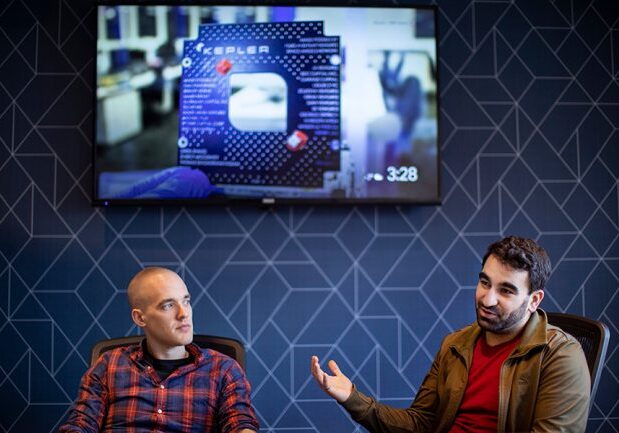
U of T Engineering startup builds out a global satellite network – from downtown Toronto
Kepler Communications looks to extend its low-cost network connectivity beyond Earth, paving the way for a host of novel applications
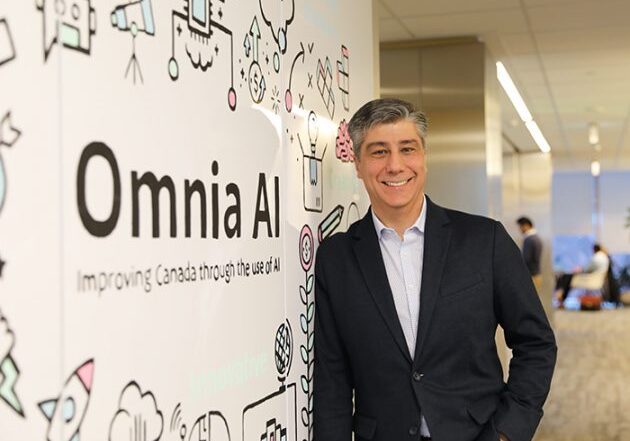
Meet the U of T Engineering alumnus using AI to solve industry problems
Alex Grbic is a leader at Deloitte Canada, developing artificial intelligence-enabled solutions for clients
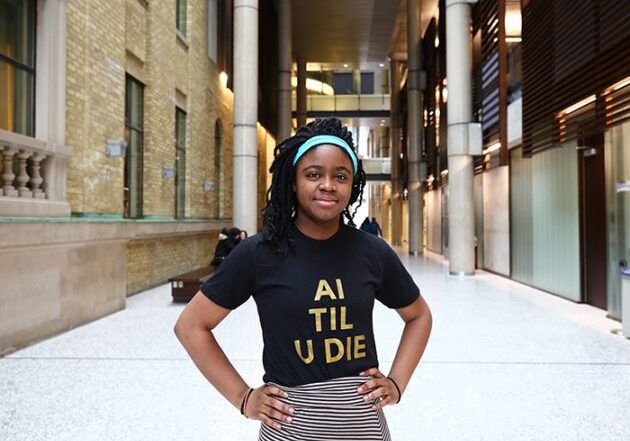
This U of T Engineering student is holding companies accountable for biased AI facial technology
Engineering Science undergraduate Deb Raji is advocating for improved performance reviews of commercial AI products to eliminate racial and gender biases
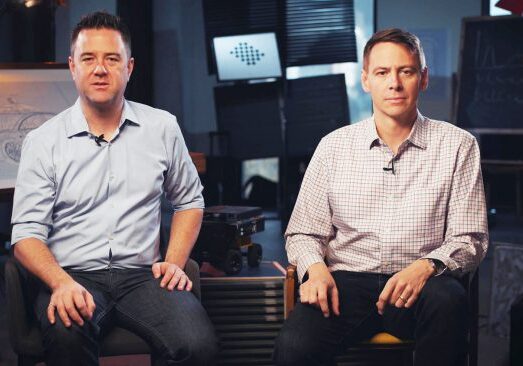
These AI experts want to teach you how to program a self-driving car
UTIAS professors Steven Waslander and Jonathan Kelly launch a series of online courses on engineering autonomous vehicles through the Coursera platform

Nine U of T Engineering graduate students awarded Vector Institute Scholarships in Artificial Intelligence
The Vector Institute brings together leading researchers in deep learning, machine learning and artificial intelligence (AI) from across Ontario

U of T Engineering harnesses quantum technology to counteract GPS hacking
Professor Amr Helmy (ECE) is using quantum sensors to improve navigation accuracy and alleviate current reliance on GPS technology

